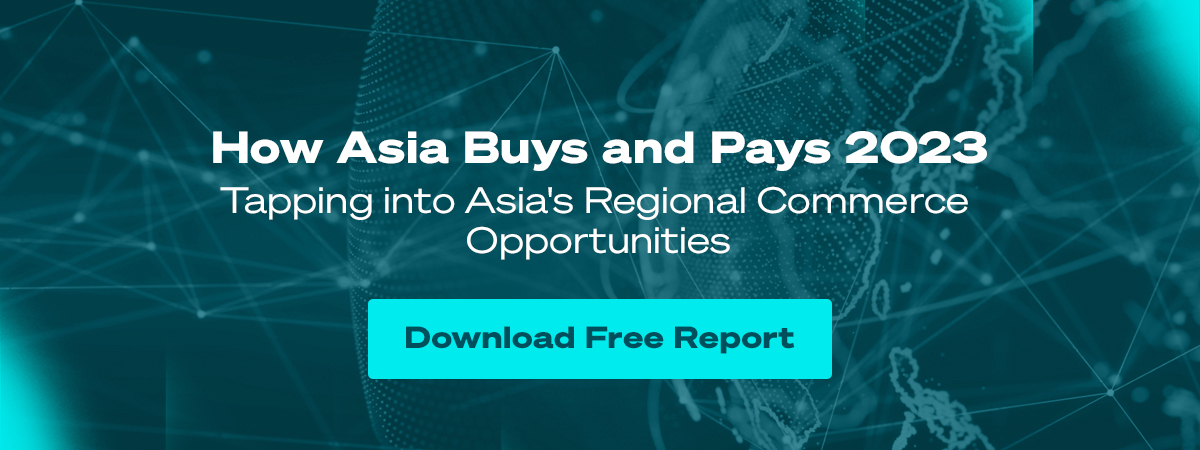
Checklist to Detect Fraud in Payments
by Kriwan Phamorabutra, Director of Risk & Fraud of 2C2P
With more payments going digital, the risk of fraud increases.
Once in a while, major online fraud incidents hit the headlines and yet many organisations just sit back and watch, telling themselves, “It wouldn’t happen to us.”
But the truth is, regardless of size, industry, or market, no business is entirely free from the threat of fraud.
Successfully dealing with fraud begins before it happens, not after. The most effective solution is to work with an experienced payments platform that has a built-in suite of fraud detection tools. This means the company processing your payments can also detect, manage, and prevent the risks that come with transactions.
Here’s how a payment gateway enables secure payments for your business:
✔️Perform ‘Know Your Customer (KYC)’ Checks
In an increasingly digitised economy, businesses are more vulnerable to criminal activities. KYC is the process of identifying and verifying your customer, to ensure that transactions are authorised, legitimate and abide by local and international regulations.
What are the benefits of KYC?
Reduces the risk of identity theft
Prevents money laundering and fraud
Establishes customer identity by analysing their behaviour, financial activities, and the risk they pose
All businesses are advised to carry out KYC as part of their due diligence. A good payment provider should perform KYC screening in accordance with international Anti Money Laundering (AML) / Combating the Financing of Terrorism regulations in addition to local legislation.
For example, KYC should detect and prevent payments to merchants involved in illicit activities like gambling, the sale of prohibited items, or pornography.
✔️Monitor Transactions in Real-Time
Without real-time monitoring, fraud can slip under the radar, hold up transaction processing, and put your company’s and customers’ data at risk. In addition, high volumes of fraud can be damaging to a business, resulting in losses in revenue and reputation.
Your payment provider should have robust AML transaction monitoring in place to track customer transactions and evaluate purchasing behaviour to provide a complete picture of their activities.
An anomaly will trigger an alarm in the system, automatically stopping the transaction. This incident is then reviewed in detail by the payment provider.
2C2P’s real-time screening and fraud monitoring system inspects each case electronically and manually, eliminating errors in the reviewing process.
The process is supported by a state-of-the-art 3D Secure protocol that authenticates the cardholder before processing a card transaction. This ensures the legitimacy of the cardholder, and optimises the detection of suspicious patterns of behaviour.
✔️Manage Disputes and Chargebacks
Ignoring transaction disputes registered by customers is bad for business. Yet, many companies have an informal protocol that either accepts a dispute or overlooks it.
2C2P helps by including a dispute and chargeback management mechanism that oversees your business’s chargebacks, reviewing each case in detail.
This immediately reduces the risk of counterfeit transactions by validating them and eliminating payment processing errors. Furthermore, it improves your overall customer service.
✔️Keep Up with Fraud Trends
As digitalisation evolves at a rapid pace, it’s harder to predict the patterns and types of fraud that will affect real-time payments in the future.
However, an agile payment provider like 2C2P has the latest cybersecurity capabilities in place to keep up with new fraud trends.
It's All About Prevention, Detection, Deterrence, and Response
Connecting with genuine customers and foiling fraudsters in the digital world is a challenge. Shoppers demand swift, seamless, and secure payments as part of the customer experience.
For business success, choose a payment provider with robust fraud detection of real-time payments at the heart of its service. There’s no better way to secure your future growth.
Add an extra layer of protection to your business and customers by leveraging on 2C2P’s award-winning secure payment platform today. Chat with our friendly team today.

